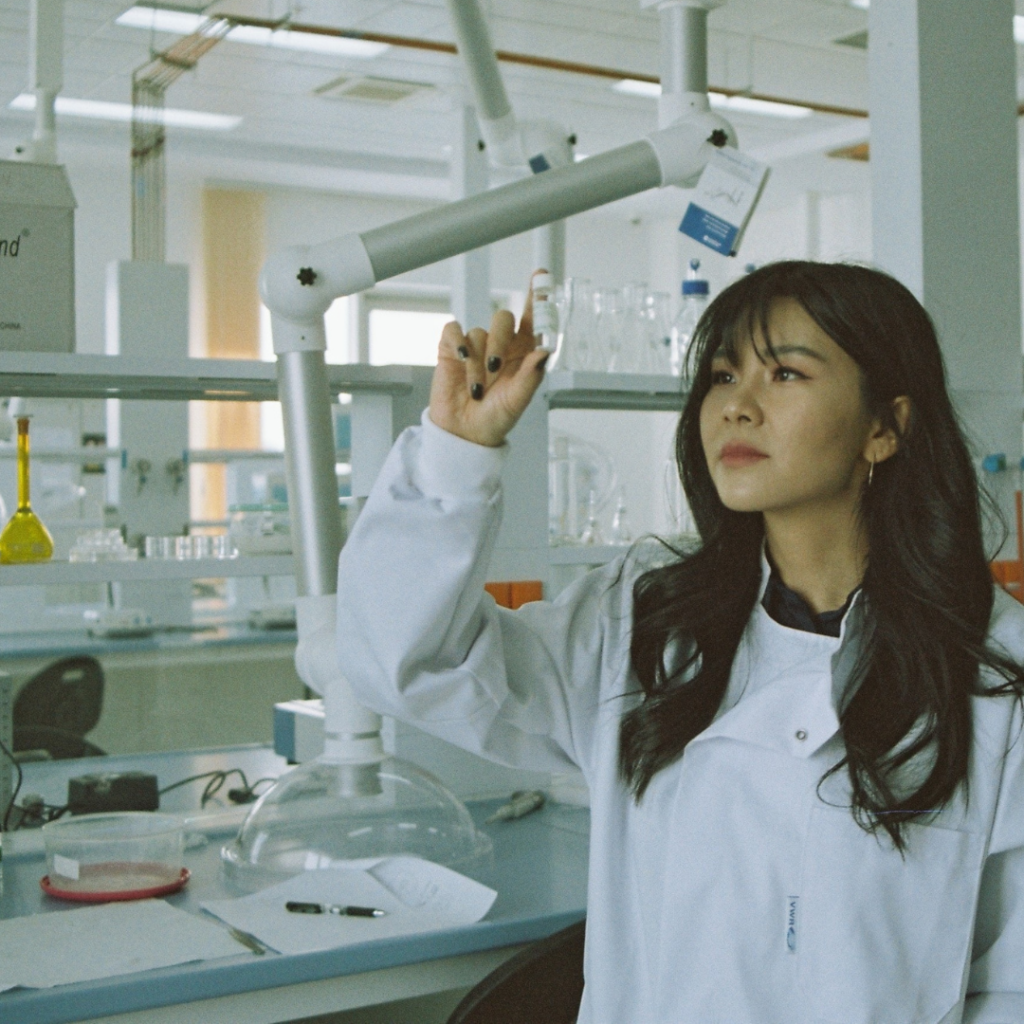Government Science and Innovation in the New Normal (GSINN)

December 22, 2022
Canada needs a new relationship with government science and innovation that reflects our time.
Our findings are now available.
The global pandemic demonstrates the strain between science and society, and the risk for humanity when we turn our backs on science. Throughout the pandemic, anti-vaxxers – then joined by anti-maskers – have challenged scientific evidence and public health officials with a mandate to keep us safe and stop the spread of the disease. We see the repercussions of their actions in countries like the US, Brazil and Italy where a lack of trust in science, and a lack of political support for scientific information, is contributing to disease spread and the unnecessary loss of millions of lives.
But we didn’t get here overnight. In the closing months of the Second World War, US President Roosevelt had asked his science advisor, Dr. Vannevar Bush, how the nation could continue to benefit from research in peacetime as it had done during the war. Dr. Bush’s report, Science: The Endless Frontier, outlined a basic compact in which society supports science with public funds and assures the scientific community a great deal of autonomy in exchange for the considerable but unpredictable benefits that can flow from the scientific enterprise.
Today, many of the underlying social, economic, and political assumptions in The Endless Frontier are outdated. The social contract is showing strain as trust decreases, with calls for science to be more inclusive and diverse, and as Canada grapples with meaningful reconciliation with Indigenous people. Canada needs a new social contract for science and innovation that reflects our time.
In December 2020, IOG launched a multi-year, collaborative research initiative designed to support medium-term planning for the federal science and innovation departments and agencies, and provide an in-depth examination of the evolving relationship among science, innovation and society.
From October to December 2022, IOG released ten discussion papers that explore different facets of the relationship between science and society. Each paper presents questions to explore as we renegotiate this important relationship.
Read GSINN findings:

GSINN Capstone Paper
When we think about science, we might think about the chemistry or biology class we took in high school. Maybe we think about non-profit organizations dedicated to saving endangered animals, the nature documentary we watched last weekend, or the museum we visit with our kids on rainy days. Do we think about the society we live in as one based on science? Do we think about the scientific process and how it contributes to improve our health and well-being? It’s unlikely. Though Canadians live in a science-based society, the manner in which that information is produced and integrated into our systems – of food production, education, government, resource extraction, etc. – are hidden from plain view.

Science Communications, Outreach, and Public Engagement
By: Rhonda Moore | December 2022
The dawn and mass expansion of the internet has transformed society globally. The creation of an online world has impacted every aspect of our lives; it has upended traditional power structures governing our countries, our business practices, how we socialize, and even how we enter romantic relationships. The internet has created a parallel universe – an alternate reality – in which many people have re-created themselves.

Mission-driven Research and Innovation
By: Patrick Galvin and Jeff Kinder | November 2022
The purpose of this discussion paper is to explore the concept of mission-driven research and innovation in the context of government science and innovation. The paper is divided into four sections: the first section defines the concept of mission-driven innovation, the second section further explores the concept through the example of the Apollo moon mission, and the third section attempts to build on this high-level thinking to describe how the concept works in practice and highlight associated governance challenges. The final section offers several questions to guide further research.

Indigenous and Other Ways of Knowing
By: Shelby Torres, Rhonda Moore and Jeff Kinder | November 2022
During the last century, Western science—as a type of evidence and a knowledge system—has held a privileged place in Canada, as demonstrated by the role it plays in primary, secondary and tertiary education systems, in academic research, and how it informs the systems that govern the country at the national, regional, and municipal levels. Yet, a Western, discipline-based approach to science is but one interpretation of a knowledge system.
Canada is living through a process of telling the truth about the history of, and working towards reconciliation with Métis, First Nations, and Inuit communities. Each of the Métis, First Nations, and Inuit communities themselves encapsulate a wide range of communities, cultures, and knowledges, many with a unique knowledge system.

Interdisciplinary Collaboration
By: Shelby Torres, Rhonda Moore, and Jeff Kinder | November 2022
During the nineteenth and twentieth centuries, as universities became increasingly focused on research and generating new knowledge, they reinforced disciplinary boundaries (Repko et al., 2017). The academic disciplines of today largely remain the product of the categorisation of knowledge that evolved throughout the nineteenth and twentieth centuries. Natural philosophy was divided into physics, chemistry, and math, while natural history became biology. The social sciences began to follow suit and today we have disciplines such as anthropology, economics and political science. The emergence of disciplines has promoted knowledge production and resulted in major advancements of specific fields and innovative research.

Inclusive Innovation
By Louise Earl and Jeff Kinder | October 2022
The postwar social contract between science and society saw little to no role for non-scientists in research and innovation. Over the last 75 years, despite the extraordinary advancements and accompanying benefits that have flowed from the scientific enterprise, this exclusion has led to a situation where large segments of the population are under-served by, and have diminishing trust in, science and innovation.

Equity, Diversity, and Inclusion
Louise Earl and Shelby Torres | November 2022
According to business, management, human resource, and innovation literatures, the full participation of diverse groups in the workplace is ethically imperative and has numerous benefits for the employer. Equity, diversity, and inclusion practices have been shown to increase creativity, lead to enhanced efficiency, productivity, problem-solving, customer-satisfaction, and improve morale, teamwork, and organizational performance. Ultimately, equity, diversity, and inclusion drive innovation and growth (Herring and Henderson 2014: Mor Barak 2015; CCDI and Dalhousie 2019; Nolan-Plescha 2019; OECD 2020; Government of Canada, undated; Government of Canada, 2019).

Trust, Integrity, and Science Ethics
Dr. Ravtosh Bal | November 2022
Scientific knowledge improves everyday lives and well-being, provides solutions that address longterm societal and environmental challenges, and drives economic growth. It can guide and inform policy and decision-making leading to more robust public policies and more effective public programs. Trust and integrity are integral to the relationship between science and society. The promise of publicly funded science to deliver benefits to society rests on the integrity of the process of knowledge creation, translation, mobilization, and adaptation and the trust the public has in this process. The lack of a sufficient level of public trust in science can hinder scientific progress and have a detrimental impact on policy influence and civic engagement.

Skills and Knowledge
By Rhonda Moore and Louise Earl | November 2022
Scientific knowledge has the potential to inform and to improve our everyday lives. This is the premise of Dr. Vannevar Bush’s report The Endless Frontier (1945), which envisioned a world where science would pursue the challenges facing society in exchange for autonomy to conduct those pursuits. While the scientific enterprise has indeed delivered untold benefits for society since the tenets of Dr. Bush’s report were adopted, this social contract has come at a significant price: the divorce of science from society. (Douglas, 2021)
For further information, contact: Rhonda Moore, Executive Director, Science and Innovation